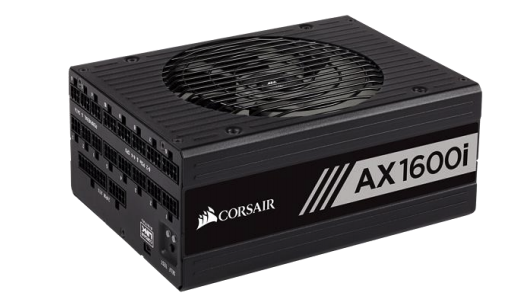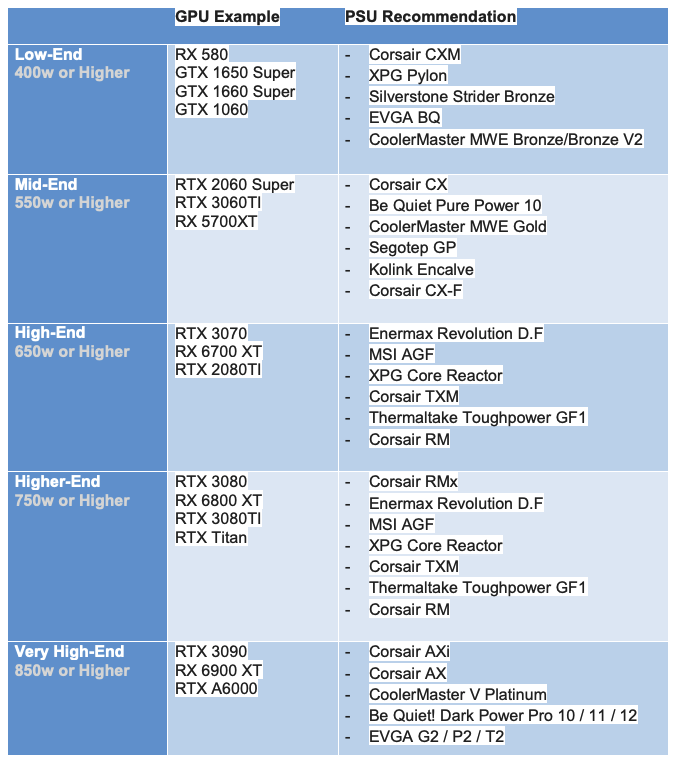PSU Buying Guide
The Do’s & Don’ts for the electrical heart of your computer

Power supplies are highly misunderstood, this leads to them being overlooked in terms of quality and importance. Consumers tend to purchase their units based upon brand and wattage capacity alone. This guide will help you identify and pick the best power supply for your specific requirements alongside give information and sources on how specific processes within a unit work. Let us dig in.
Efficiency

Power supplies are often given an efficiency rating based upon their ability to minimise waste power and generate less heat. This rating is given in the form of an ’80 Plus’ certification. A common misconception is “80+ gold makes your power supply good”. This is NOT the case, as it is merely a rating of efficiency. There are many Gold and Platinum units that can be deemed unsafe such as the Silverstone Strider Titanium or Gold evolution
What to Buy

Protections
OPP – Over Power Protection
The protection that shuts down unit when too much power is pulled. If protection is set too high PSU will be capable of drawing more than it is rated for. This may sound like a good thing, but it also means more wear and tear on caps leading to faster death and far more heat.
OCP – Over Current Protection
Protection in all multi 12v rail PSU’s. OCP kicks in when current in multiple rails passes a certain threshold. This also protects the minor rails.
OTP – Over Temperature Protection
This protection shuts down PSU when certain temperature is reached. If there’s no OTP, then PSU will keep heating until it melts. The EVGA G3 has OTP, although its threshold is set far too high. This can lead to the bulk cap (main capacitor) to melt before the unit shuts down.
UVP – Under Voltage Protection
This shuts down the unit if voltage goes too low. Power supplies need stable voltage within ATX spec to be viable for retail selling. However, the ATX spec tends to be very loose so manufacturers should aim for something that is well within the specifications. A loose voltage can lead to components getting not enough or too much voltage. This can lead to catastrophic failure within components or crashes.
OVP – Over Voltage Protection
OCP works on the other end of the spectrum to UVP. It shuts down the power supply if voltage goes too high.
Helpful Links
- https://linustechtips.com/topic/1116640-psucultists-psu-tier-list/
- https://linustechtips.com/topic/1158795-topologies-and-regulations-what-should-i-look-for/
- https://www.tomshardware.com/reviews/power-supplies-101,4193-21.html
- https://www.tomshardware.com/reviews/power-supplies-101,4193-21.html
- https://www.tomshardware.com/reviews/best-psus,4229.html
- https://linustechtips.com/profile/554361-lukesavenije/
Contact Information:
Email: Ralicx@outlook.com
Discord: Ralicx#1600
PC Swaps Discord: https://discord.gg/DrrY6KX
*This post was written by Ralicx, and posted by Joe Novotny. Be sure to check out our blog for more content.
